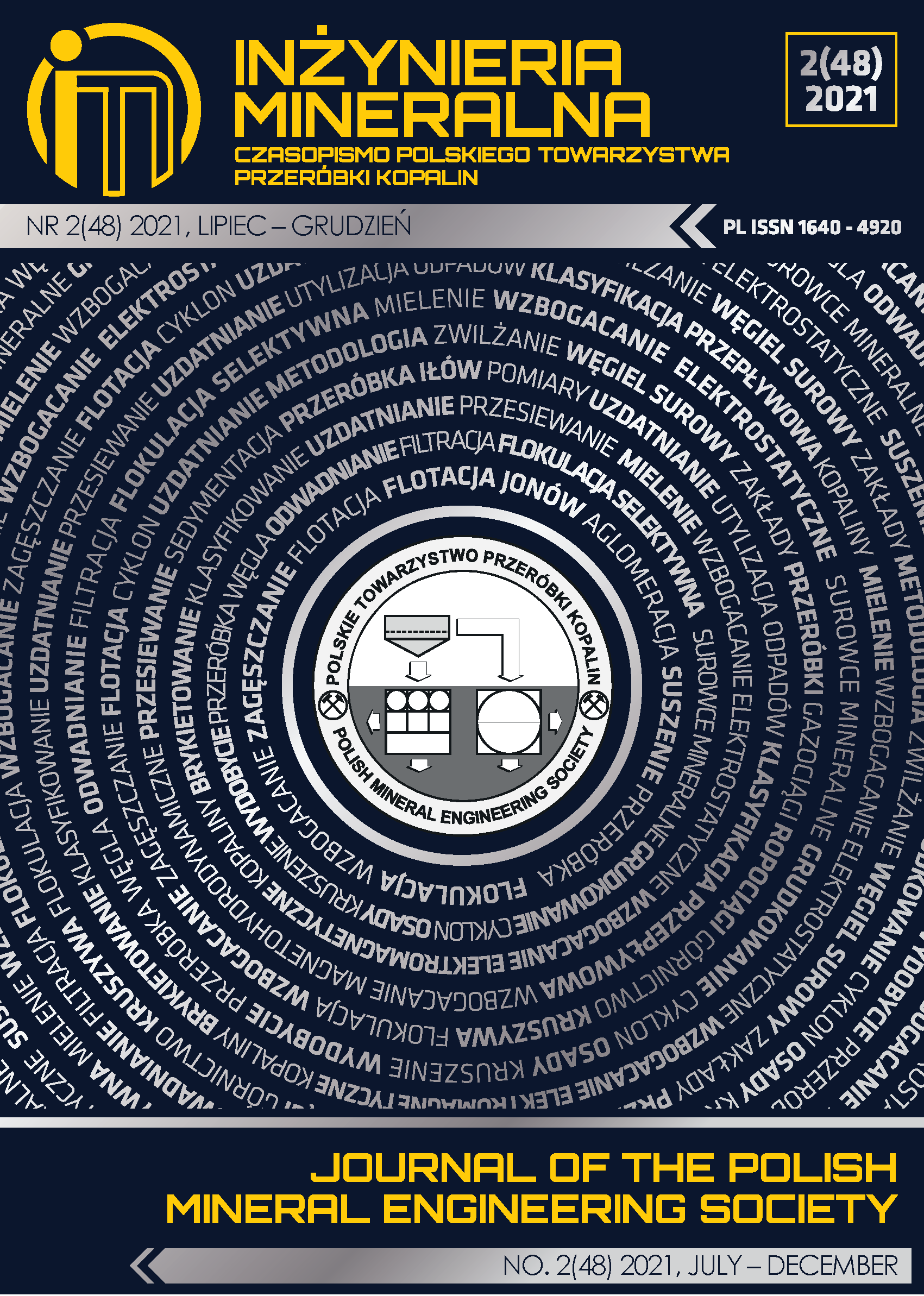Monitoring Vegetation Cover Changes by Sentinel-1 Radar Images Using Random Forest Classification Method
Abstrakt
Vietnam is an Asian country with hot and humid tropical climate throughout the year. Forests
account for more than 40% of the total land area and have a very rich and diverse vegetation.
Monitoring the changes in the vegetation cover is obviously important yet challenging, considering such
large varying areas and climatic conditions. A traditional remote sensing technique to monitor the
vegetation cover involves the use of optical satellite images. However, in presence of the cloud cover,
the analyses done using optical satellite image are not reliable. In such a scenario, radar images are a
useful alternative due to the ability of radar pulses in penetrating through the clouds, regardless of day or
night. In this study, we have used multi temporal C band satellite images to monitor vegetation cover
changes for an area in Dau Tieng and Ben Cat districts of Binh Duong province, Mekong Delta,
Vietnam. With a collection of 46 images between March 2015 and February 2017, the changes of five
land cover types including vegetation loss and replanting in 2017 were analyzed by selecting two cases,
using 9 images in the dry season of 3 years 2015, 2016 and 2017 and using all of 46 images to conduct
Random Forest classifier with 100, 200, 300 and 500 trees respectively. The result in which the model
with nine images and 300 trees gave the best accuracy with an overall accuracy of 98.4% and a Kappa
of 0.97. The results demonstrated that using VH polarization, Sentinel-1 gives quite a good accuracy for
vegetation cover change. Therefore, Sentinel-1 can also be used to generate reliable land cover maps
suitable for different applications.
Copyright (c) 2021 Van Anh TRAN ,Thi Le LE ,Nhu Hung NGUYEN ,Thanh Nghi LE ,Hong Hanh TRAN

Utwór dostępny jest na licencji Creative Commons Uznanie autorstwa – Na tych samych warunkach 4.0 Miedzynarodowe.
Czasopismo pozostawia część majątkową praw autorskich autorowi.
Czasopismo zezwala autorom i zachęca ich do zamieszczania swoich artykułów na prywatnych stronach internetowych oraz w instytucjonalnych repozytoriach. Dotyczy to zarówno wersji przed opublikowaniem, jak i wersji po publikacji. Udostępniając swoje artykuły są zobowiązani do zamieszczenia szczegółowych informacji bibliograficznych, w szczególności (o ile to tylko możliwe) podania tytułu tego czasopisma.







.png)
